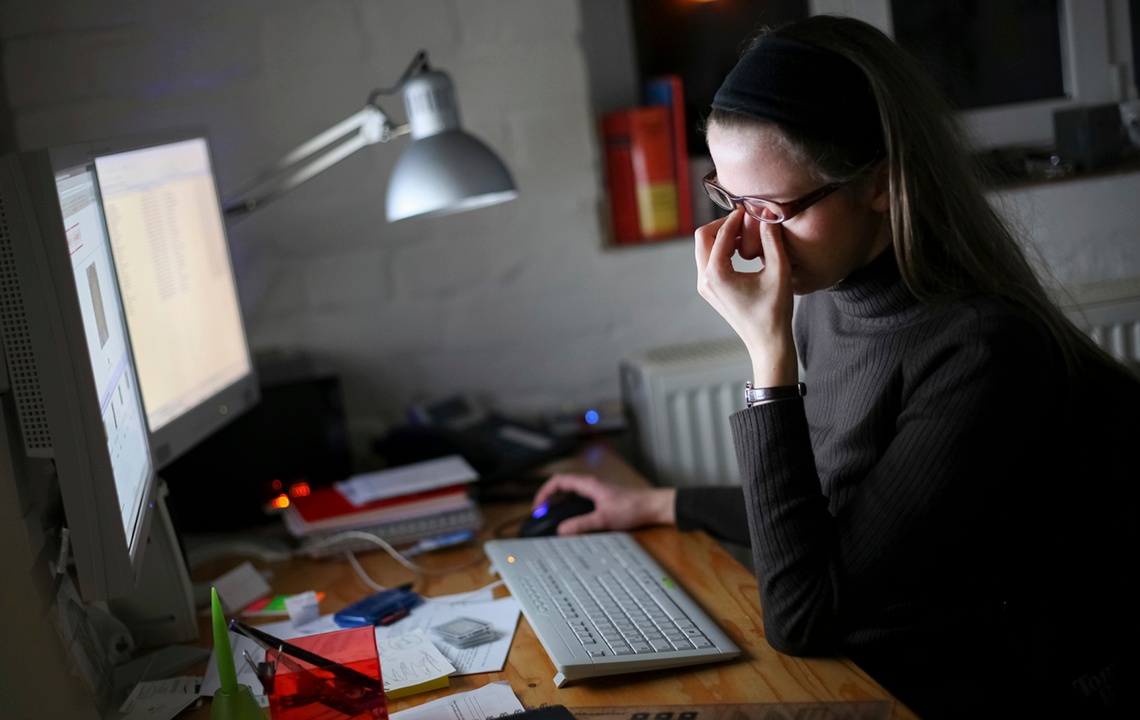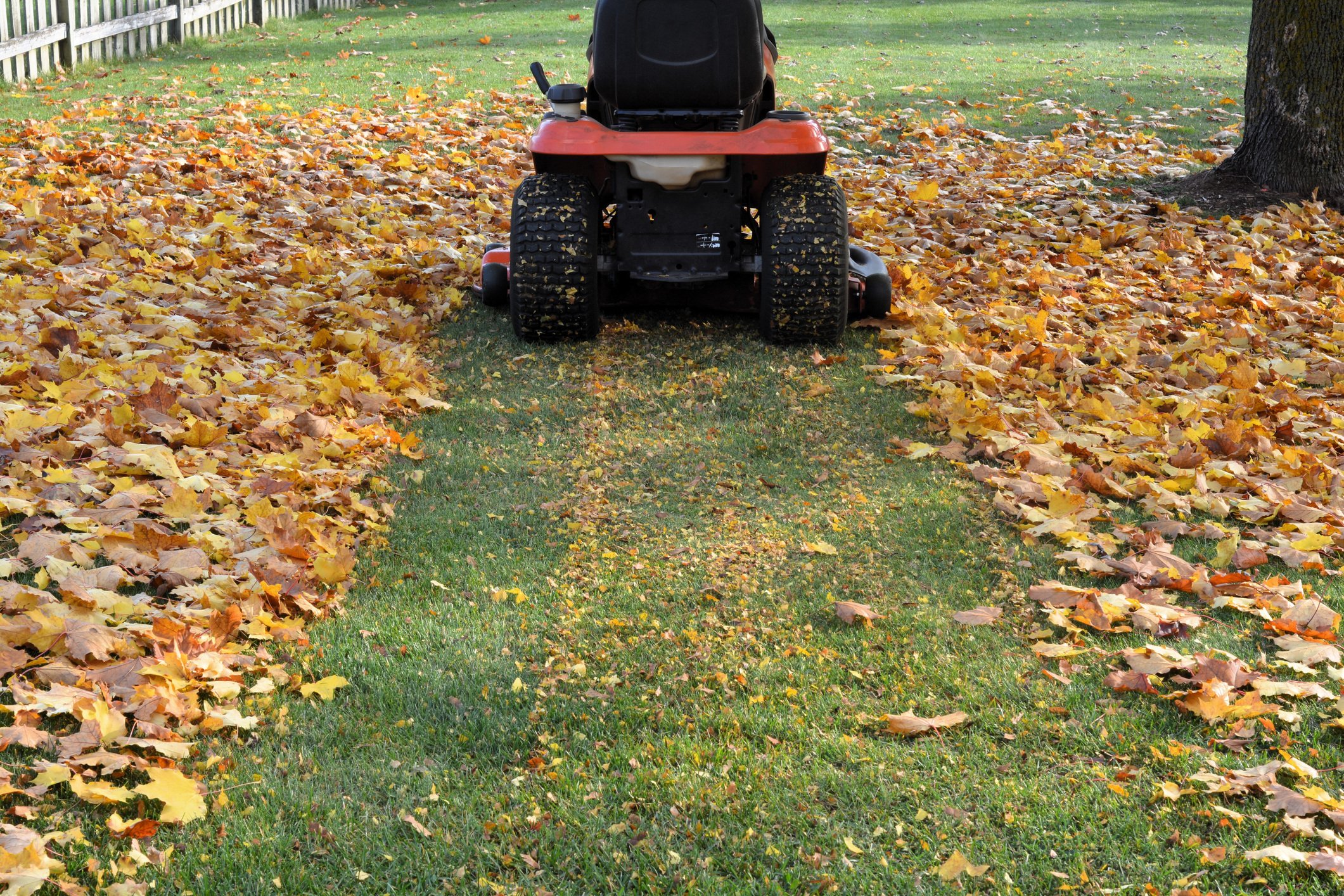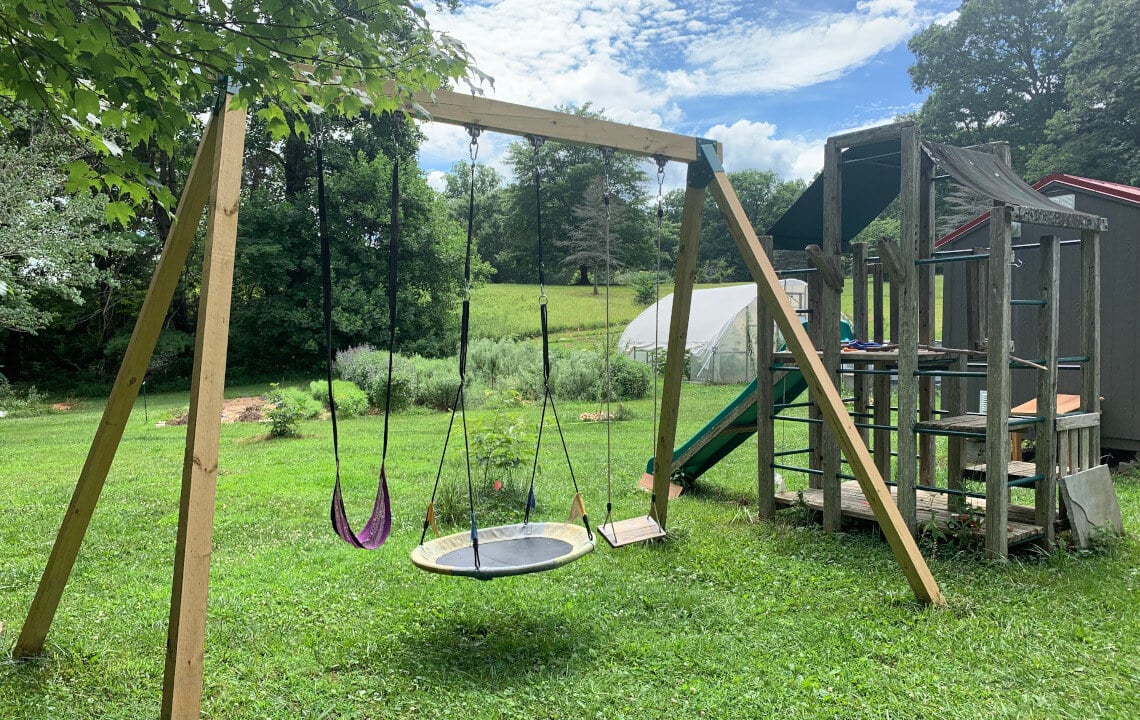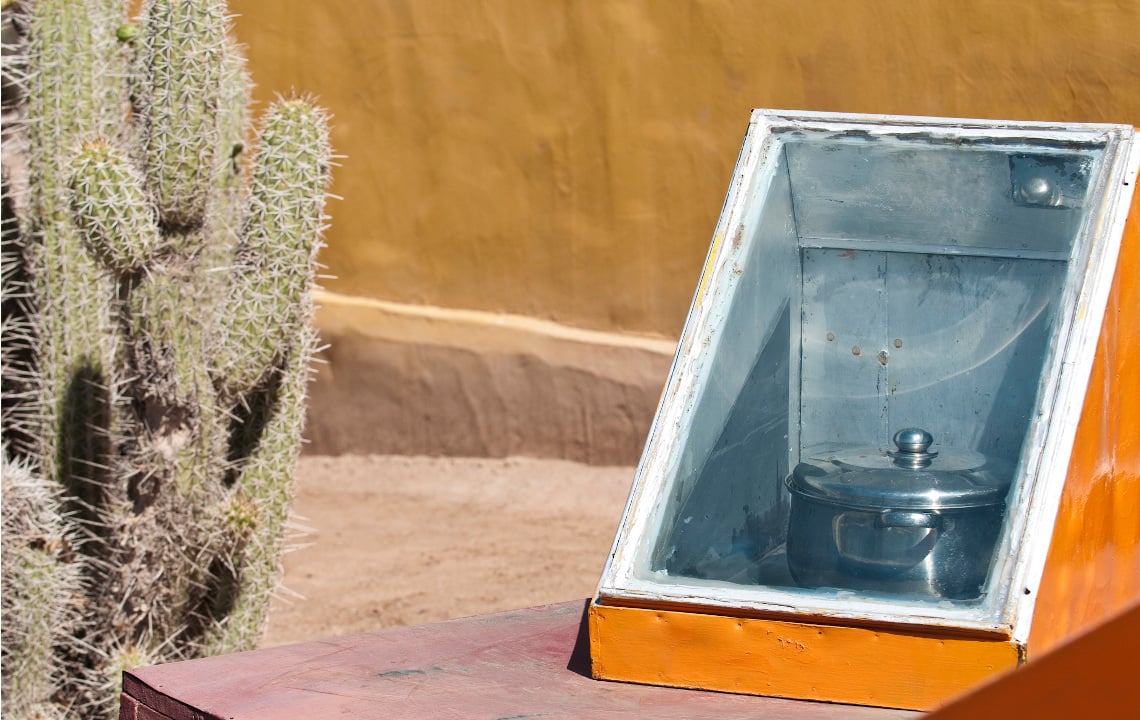Taking a break from technology might sound interesting and scary at the same time. With devices so ingrained in our daily lives, many people aren’t sure where to begin cutting back.
Do you ever feel the tiniest bit guilty about spending time on your digital devices?
Do you silently cringe at how adept they are at navigating your smart phone? And have you noticed how their behavior changes after large, or even small amounts of screen time?
Do you remember a time when cell phones weren’t placed on restaurant table tops and couples actually talked with each other on date nights instead of posting social media updates?
If you were born in the 20th century, before computers were king, chances are the 24/7 digital world wears on you a bit…or a lot.
Though the science on how screens affect our physical, mental and emotional health is still young, the studies thus far are sobering:
Social media sites appear to promote narcissism, while screen time contributes to insomnia and, as reported by the New York Post, online games can affect children’s brains in the same way as highly addictive drugs.
But, despite the possible health hazards, technology is usually a necessity.
Even if you dream of living on a rural homestead and running a farm, you will need internet to telecommute or run a business, and you’ll need a cell phone (with data) to stay connected with customers and the ones you love.
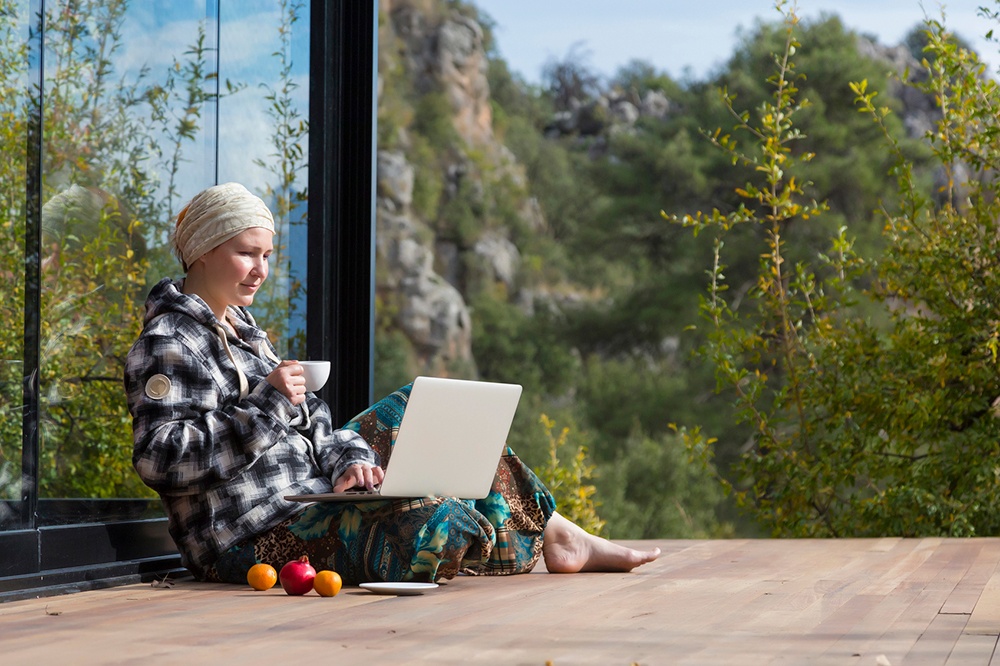 For artisans and farmers especially, social media has become a key component of their success.
For artisans and farmers especially, social media has become a key component of their success.
So, how does one strike a balance between digital-addict and off-grid nomad?
The answer lies in digital detoxing.
Digital health blogger and computer workstation risk assessor Raquel Baetz offers tips on how to strike a healthy, everyday digital balance…without going completely off-grid.
What exactly is a digital detox?
A digital detox may take many forms, and they don’t all involve locking up your phone or taking a 3-week digital retreat.
Raquel believes for most of us it’s the little day-to-day efforts to curb digital addiction that really add up.
“Small screen-free increments practiced throughout the day are usually the best way to go, because then it becomes part of your lifestyle,” she says.
“In addition, I love the idea of having a full digital day off, and a weekend day usually works best for that. There’s a group called ‘Sabbath Manifesto’ that has a whole site dedicated to helping people learn how to take a regenerative ‘digital Sabbath’ day each week.”

Why do a digital detox?
Considering the average American adult spends over 10 hours a day on a screen, you can see why digital detoxing is becoming a thing.
Earlier, we touched on the mental and emotional health detriments of excess screen time, but there are also physical side effects that often go undiagnosed…until it’s too late.
Raquel experienced a repetitive stress injury from her computer work as an editor that left her unable to work or touch a keyboard for almost 2 years.
“I had been working for about 10 years when I first noticed a pain in my right hand. Over time, the pain spread to my arms, neck, shoulders and back. Eventually, I had no choice but to stop working. I consulted with orthopedic surgeons, chiropractors, osteopaths, physical therapists, massage therapists…I tried everything. Some of it would help for a time, but every time I started using my computer again, I’d end up back where I started, in terrible pain.
“The physical pain is only one side of it. When you can’t make a living or do what you love, you also have to deal with the stress and mental health issues that go with that. Today, I show people how to set up and use their digital devices and digital workstations in a safer, healthier way because I want to help others avoid what I went through.”
Using principles she learned in her study of the Alexander Technique, in which you teach your body to realign posture and avoid unnecessary tensions in your muscles and mind, Raquel helps clients become aware of how they are using their bodies while they use their digital devices.
“Most of us are completely unaware of how our bodies are affected when we slump over our laptops and with our repetitive looking-down at our smartphones.
“Studies have shown that this slumping and hunching over our digital devices can have negative consequences for our bodies (i.e. for our musculoskeletal systems, digestion and breathing) and for our brains (i.e. mood, self-esteem and assertiveness),” Raquel says.
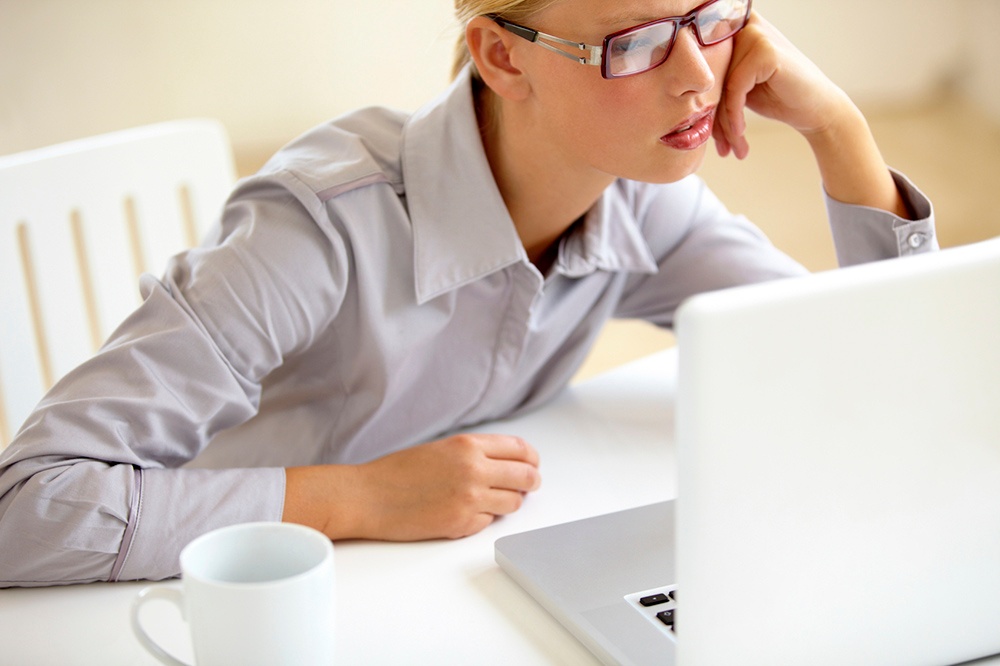
Who needs a digital detox?
In a society where leaving home without your Smartphone is considered taboo, it can be hard to tell if you’re digitally-dependent or are just a “normal user.”
“If you’re unable to go even a short time without checking your phone, or always feel anxious about ‘missing out’ those are key indicators that you may have a problem,” Raquel says.
Your ability to stay focused and on-task may also indicate the need for a detox.
“There are many studies about the negative impact on our brains of excessive screen time, but I think distraction is the biggest issue here.
“I often see people with their laptop, iPad and smartphone in front of them doing three things at once, thinking they’re working effectively. However, when we think we are multitasking, what we’re really doing is quickly shifting our attention from one thing to another and back again, and that’s not a very effective way to work,” Raquel says.
“Constantly shifting between tasks in this way can weaken our ability to focus, and it’s much better for our brains to focus on one task at a time and to shut off other distractions.”
So, “fear of missing out” and an inability to focus and stay on-task are key indicators it’s time for a detox.
But what about children?
Digital detoxing is also a MUST for children and teens, who spend an average of 7 hours per day on screens and digital devices. Raquel explains:
 “Most kids are on digital devices from a very young age, and this puts tremendous wear and tear on their bodies, making it even MORE important that they get regular digital downtime.”
“Most kids are on digital devices from a very young age, and this puts tremendous wear and tear on their bodies, making it even MORE important that they get regular digital downtime.”
Ironically, many of the world’s famous tech innovators from eBay, Apple, Google and Yahoo have chosen to put their children in either no-tech or low-tech schools…that should tell you something.
“We need to teach young people the importance of screen breaks. Teenagers’ compulsion to outdo each other on social media coupled with the pressure they’re under outside the digital world is something parents really need to take seriously.”
Based on scientific data, The American Academy of Pediatrics recommends withholding media time from children under 2 and limiting access to 1-2 hours a day for older children.
How to do a digital detox at home
A full digital-free retreat vacation or weekend spent camping are great ways to reset your digital habits for the better.
However, as Raquel stressed above, it’s our day-to-day relationship with our digital devices that will end up making the biggest impact on our health.
Here’s how to incorporate digital detoxification into your daily and weekly family routine.
Daily Digital Detoxing
“Start by uninstalling distracting apps,” says Raquel. “Do you really need Facebook, Messenger, Twitter, Hangouts, etc. dinging you all day long? Can you live without having your work and/or personal email on your smartphone?”
Ask yourself these “tough” questions and uninstall accordingly.
Next…
Make it inconvenient to access devices.
“Put your phone in a drawer when you aren’t using it or anywhere out of sight. Make your passwords long and complicated so that it isn’t easy to switch on.
“If you have that constant urge to grab your phone all the time, you need to become aware of that. We’ve allowed our phones to dictate our behavior when we should be the ones in charge.”
Have digital-free areas
“Make your bedrooms digital-device-free zones and don’t use your Smartphones as alarm clocks because then you have the temptation to be on screen right before bed and then again first thing in the morning.”
Families may wish to designate a digital-drop-zone before bed, like a basket or box on the kitchen counter.
“The blue light from our screens is what upsets sleep patterns so it’s a good idea to unplug at least a couple hours before bed.”
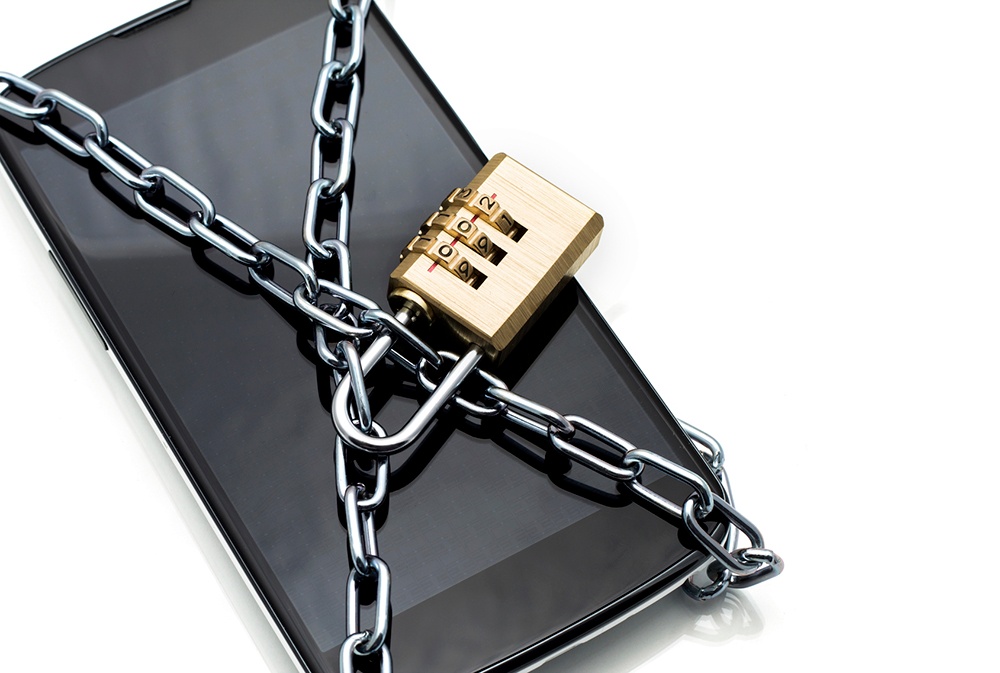
Weekly Digital Detoxing---Keeping the Digital Sabbath
Raquel also recommends keeping a digital-free day weekly…and keeping it simple.
“Pick a day and plan activities that don’t involve a screen.”
For families living on acreage or close to nature this should be pretty easy.
“Taking time to be off work and off screen for an extended period is really beneficial for the brain. Studies show our brains really need that daydreaming time to function optimally. For example, when you’re standing in the shower without your phone, and you have this ‘a-ha’ moment, that’s your brain feeling the benefit of a much-needed break.”
If you think you can’t live without your phone for a whole day because you have kids or are awaiting important news, you’re not off the hook!
In that case Raquel says to shut everything off except incoming calls and text messages.
Tips for work-at-home individuals and entrepreneurs
Working from home has a lot of perks…but it does make it harder to unplug.
“Set reasonable work hours and a designated space for working,” Raquel recommends. “If it can be outside your home that’s great, but if you use a spare bedroom or bonus room make sure you can at least shut the door when you’re done for the day. And don’t continue to work outside of that space!”
If you’re a telecommuter or entrepreneur and are having trouble separating work from home, check out our previous article on affordable office sheds.
Pleasant side-effects of regular digital detoxing
In case you’re still on the fence about stepping away from your phone, here are a few enticing health benefits of regular digital detoxing:
- Improved abstract thinking (apparently screens are rewiring the way we think)
- Better sleep
- Better relationships with family and friends
- Reduced attention disorders in children
- Weight-loss/lessened risk of obesity
- Better academic performance
- Better overall behavior including prosocial skills
- Reduced risk of heart disease, stroke and diabetes
- Healthier brains and cognitive function (studies have proven screens can damage/rewire adult and developing brains)
- Increased productivity
The biggest reason to do a digital detox…
More time for what matters.
Those of us who live in the country, or dream of “going-rural,” long to escape the rapid pace of modern life. We wish to give our children a REAL childhood, like we had, spent getting dirty outdoors, exploring their creativity and enjoying nature.
We crave more quality time to ourselves and want to shape our lives on our terms.
By devoting a little less time each day and each week to digital devices, we can come one HUGE step closer to that slower, more wholesome lifestyle we all know is possible.
Raquel Baetz is a display screen equipment risk assessor with the British Safety Council. She advises businesses and individuals on safe digital device use and safe digital workstation set up.
Are you looking for the right piece of land to start your country life? View available rural properties throughout the South in Florida, Georgia, Alabama, Louisiana, Mississippi and Texas on our parent company's website, RaydientPlaces.com.
For more info on digital detoxing, check out these online resources and books:
- Sabbathmanifesto.org
- The Distraction Trap: How to Focus on a Digital World
- Digital Detox: Unplug to Reclaim your Life
For some digital-free-day inspiration, check out:


